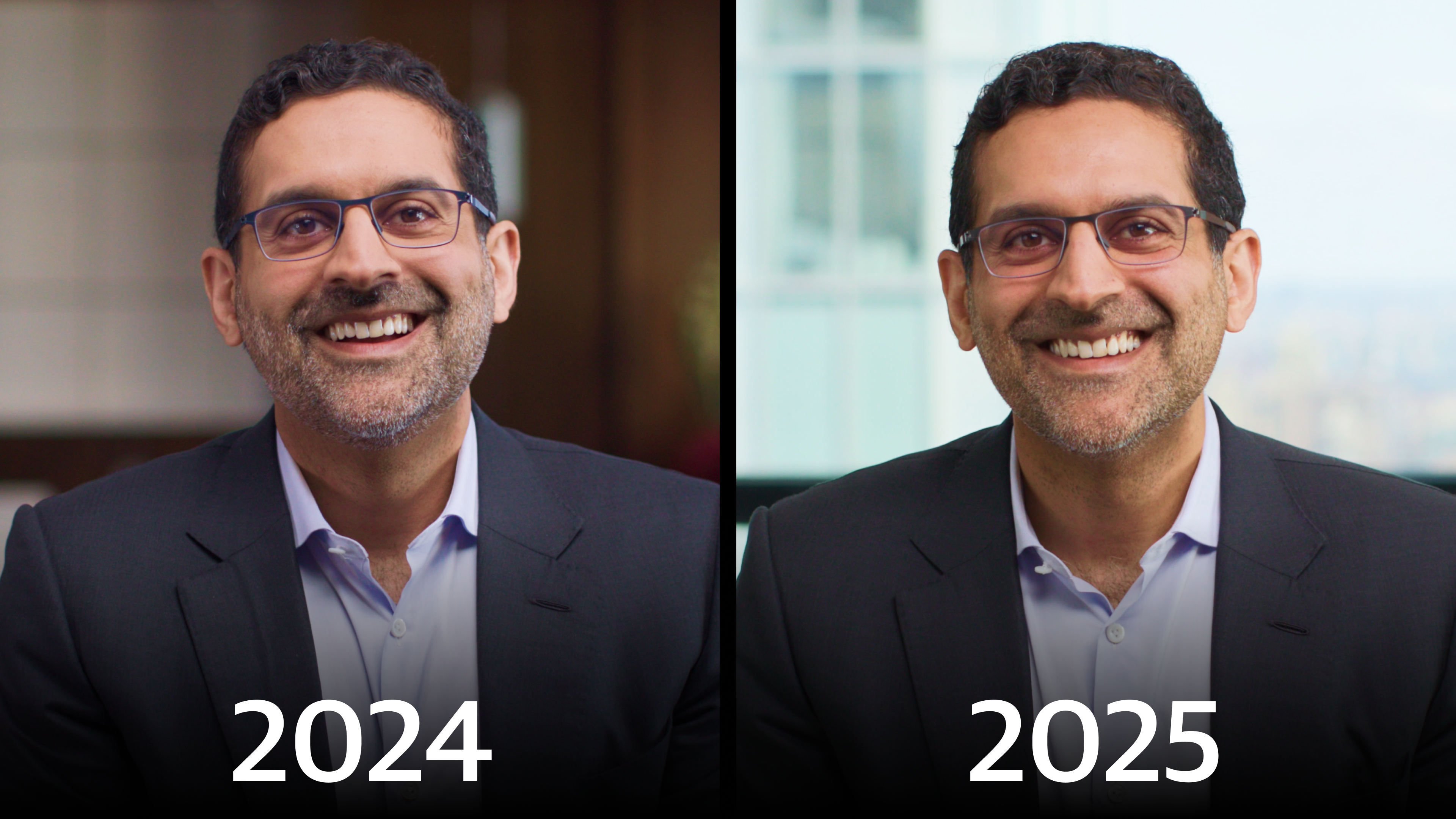Jack Pitts: You’ve been in the financial services industry a long time. How have you seen it evolve in terms of diversity, equity, and inclusion during your career?
Ray McGuire: I got to Wall Street in 1984, where the standards for performance for Black and brown persisted that we had to work twice as hard to get a seat at the table. Things are marginally better now, but they’re certainly not fixed as the events of the past two years have demonstrated.
America recently went through a racial reawakening. This has made conversations of diversity, equity, and inclusion more pertinent than ever. The challenge is to make certain that the surge of support for DEI is not a moment, but a movement. The inequities these initiatives are intended to address are longstanding, systemic and deep-seated. We need efforts that are going to recognize inequities and finally commit to long-term action to find resolutions.
“The challenge is to make certain that the surge of support for DEI is not a moment, but a movement.”
JP: What’s one of the biggest obstacles to addressing systemic inequities in the industry that you see today?
RM: Opportunity. Within a twenty-five-block radius of here, there are firms managing almost two trillion dollars’ worth of assets. But I can name all the Black and Latinx portfolio managers off the top of my head. The percentage of people who are diverse at the top of this industry is negligible.
For this to change, there needs to be leadership. Blackstone is the largest alternative asset manager in the world. There’s a real opportunity for Blackstone to lead on this front. Others will follow you. I’ve already started to see attention to increasing diversity, which gives me some confidence that this leadership will emerge. This is necessary for the industry to move forward.
JP: We’re willing to accept the challenge. In the last year we’ve established several DEI programs, such as our Career Pathways Initiative, which will enable us to hire more candidates from untapped communities, and our Board Diversity target, which asks our portfolio companies in the US and Europe to have one-third diverse representation on their boards. But these programs are just the start of a broader effort.
I want to switch gears and talk about your philanthropic work. You’ve always been a great philanthropist and have led charitable efforts across organizations you’ve been part of. What drives you to devote yourself to these efforts?
RM: I feel a responsibility to my communities to give back, so I’m involved in organizations that try to make a difference, like the Studio Museum in Harlem. I’m also driven by a desire to see others succeed, especially Black and brown folks. That’s why mentorship and sponsorship are so important. We need to use our professional and social currency to lift folks up, to ensure they’re represented in the way they should be represented and given the opportunities they deserve. I’ve been able to sponsor and mentor many incredible individuals at Citi and other firms. Long-term DEI initiatives, sponsorship, and open conversation are key to making sure everyone succeeds, not just Black and brown people.
JP: What advice do you have for us as individuals and as a firm to help our people and our communities succeed?
RM: People have got to get involved. In recent history, the private sector has not been invited to the conversation, but it cannot acquiesce or be complicit. We must find a way to get involved. More than anything, we need investment in underserved communities. Capital coming into those communities will generate returns for years to come, and truly lift people up. What you’re doing with your Career Pathways Initiative is a great start, but there can always be more. We need to invite people in, not exclude or alienate them. The narrative that we cannot coexist, that the private sector cannot help the public sector, is a false narrative.
JP: We’ve established programs in recent years that are really meant to drive long-term change — from supporting student entrepreneurs at majority-diverse colleges and universities to increasing representation on our portfolio company boards. As we talk about the next generation, and us driving positive change here at Blackstone, what advice would you leave us with as we forge ahead into the future?
RM: Do everything you can to be in the conversation. You’re not going to be in the conversation, you’re not going to make real change, without performing. If you really want to be leaders in these issues, you’ve got to be the best in class. And don’t forget that we’ve retrenched, we’ve gone backwards. Open conversation is an important part of the mission, but we’re not there yet. We wouldn’t be having DEI initiatives if we were. We would’ve declared victory a long time ago.
JP: We plan on being part of that victory. Thanks for speaking with us, Ray.
Learn more about diversity, equity and inclusion efforts at Blackstone.

The 40% Problem
June 24, 2025



